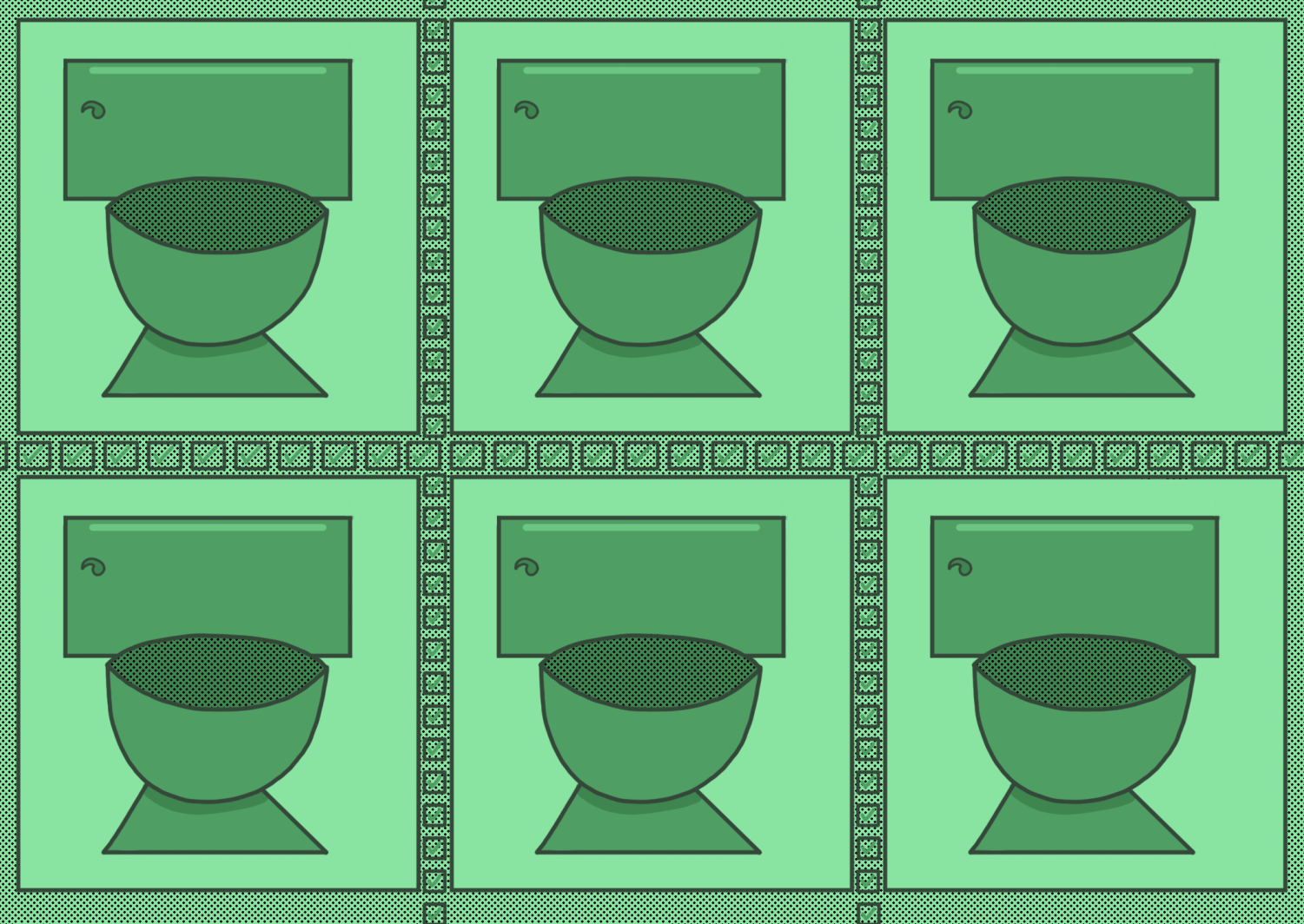There are not enough public restrooms in Chicago — the next mayor should help fix that
April 1, 2023

There are just 500 in a city of almost 3 million. That is unacceptable.
“If you can’t conceive the government doing something, you’re not going to ask the government to do it,” Ald. Daniel La Spata (1st Ward) said in an interview. “But it’s our job.”
With taxpayers providing the city with funds for public facilities, it should be a requirement that some of those public facilities are public restrooms.
There are programs being proposed and steps being taken to increase the number of public restrooms in Chicago, and the next mayor needs to support those efforts.
Voters will decide the city’s next mayor in a runoff election on April 4. The two candidates are Brandon Johnson and Paul Vallas. Incumbent Mayor Lori Lightfoot lost her re-election bid in the Feb. 28 election.
Activists, organizations and alderpersons are calling for accessible, free public restrooms, creating initiatives and proposing city-run programs.
Theodora “Teddy” Siegel is the creator of the organization Got2GoNyc, an Instagram, TikTok account and website that shares and catalogs accessible and sanitary New York City bathrooms.
Through her work, Siegel said she has learned that “the lack of public bathrooms in New York City is not only a public health issue, it’s also an equity issue.”
She said she’s heard stories from people who were turned away from bathrooms “based on their appearance, or haven’t been able to find bathrooms that were accessible to them because of physical disabilities.”
In 2021, The Tribune reported that Chicago police officers have issued at least 29,000 tickets for public urination or defecation since 2016.
Siegel said that providing public restrooms should be a city government’s responsibility.
She said the expectation that private businesses provide restrooms to the public without any government support requires businesses to “pick up the slack from the government.”
“It shouldn’t be something that they’re forced to do by default because of the government’s failures, and that’s just not sustainable,” Siegel said.
Siegel said other countries have solutions for this that the US does not, referencing London’s community toilet scheme that provides an incentive for local businesses to open their bathrooms to the public by giving them a tax break.
Other groups fight bathroom inaccessibility in other ways, for example providing public restrooms when they are needed most.
Octavion Thomas, a social service specialist at Chicago Loop Alliance, a member-based business organization that leads revitalization efforts in the Loops, shared the organization’s experience providing public restrooms when the city would not.
During the beginning of the pandemic, the CLA responded to Gov. J.B. Pritzker’s statewide stay at home order by installing two portable toilets in the Loop for those who don’t have access to a restroom.
They collaborated with SAIC to pay for the cost of the toilets and hired the company Service Sanitation to manage them. Thomas said the collaboration worked well and that the total project was not expensive.
After the Tribune published their findings, La Spata and Ald. Rosanna Rodriguez-Sanchez (33rd Ward) called for the creation of a city-run pilot program to make more bathrooms accessible throughout the city.
La Spata said hearing from groups who are intensely impacted by the lack of public restrooms inspired him to introduce a call for a pilot program.
“We heard from our seniors, we heard from folks who work with folks experiencing homelessness,” he said “we thought about the interests of parents out there with young kids, they need an accessible bathroom.”
La Spata said that more public restrooms would save taxpayer dollars, with there being less calls to the police and the sanitation department for public urination cleanup.
The pilot program will work with JCDecaux, a company that operates numerous public fixtures in the city, to build and manage the public restrooms.
La Spata said JCDecaux is very open to providing more public restrooms in the city, with them being the ones that brought the idea to La Spata and Rodriguez-Sanchez.
La Spata said that getting the program approved will take the mayor and City Council earmarking the JCDecaux revenue toward building public restrooms.
La Spata said he can understand why the issue of public restroom accessibility isn’t a top issue being discussed.
“I think Chicago does a really good job of tempering the expectations of our listeners for what they deserve. And I think it’s time to flip that on its head. To expand their expectations,” he said.
Chicagoans deserve public restrooms, and the city needs to provide that service by implementing the pilot program and considering options that support businesses like tax breaks.
The next mayor needs to prioritize public restrooms and serve the public that they represent.







